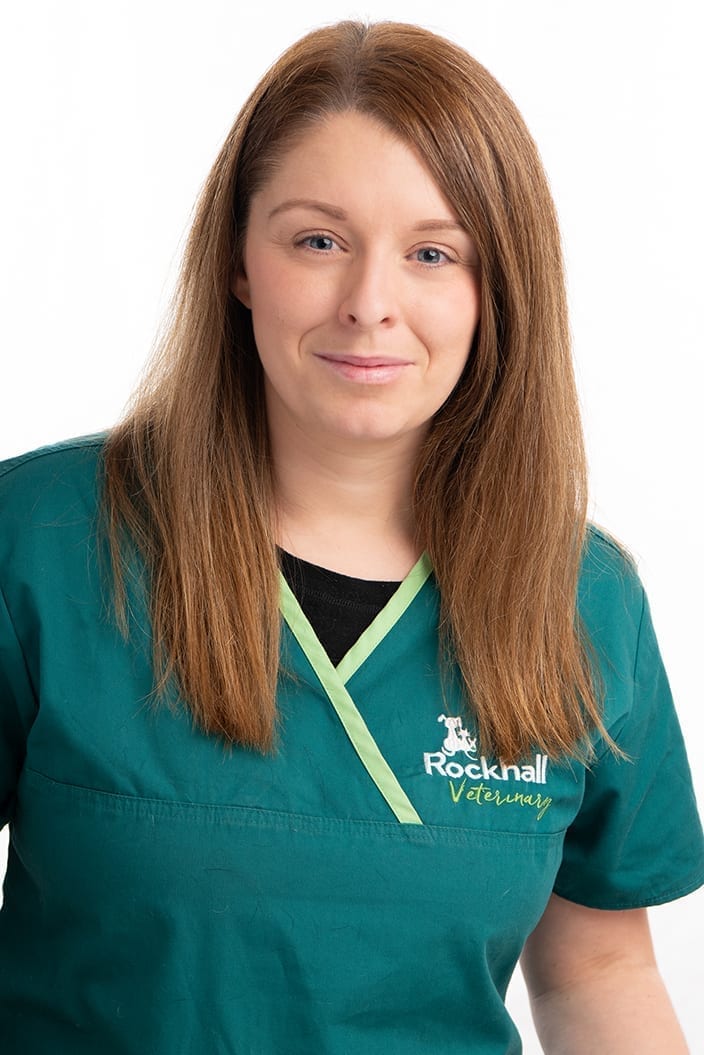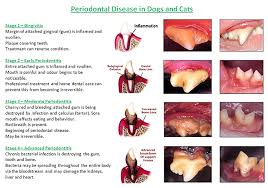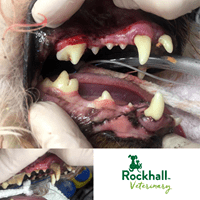
By Lynsey Moynihan, RVN. Monaleen Vets
Here at Rockhall Veterinary, with locations at Monaleen, Henry street, Clare street and Shannon, we recommend having your pet’s teeth checked at least once a year by your vet. Early detection and treatment of dental disease are important in maintaining dental health, preventing pain for your pet and reducing the risk of tooth loss. Dental disease can also be associated with kidney, liver and cardiac disease. We would recommend having your pet’s teeth checked sooner if you notice any of the following:
- Bad breath
- Broken or loose teeth
- Extra teeth (retained baby teeth)
- Discoloration of teeth
- Teeth covered in tartar
- Abnormal chewing, drooling or dropping food from the mouth
- Reduced appetite or refusal to eat
- Bleeding or swelling around the mouth
- Pain or sensitivity around the mouth or face
Always be careful when evaluating your pet’s mouth, because a painful animal may bite.
Periodontal disease is the most common infectious disease of adult dogs and affects 87% of dogs and 70% of cats over the age of three. It is a progressive inflammatory disease of the structures supporting the teeth and is the main cause of tooth loss in pets. Other causes of dental disease in pets include:
- Broken roots
- Abscesses or infected teeth
- Cysts or tumours in the mouth
- Malocclusion (over or under-bite)
- Fractures of the jaw
- Palate defects (such as cleft palate)
Periodontal disease is graded from 0 (no disease present) to 4 (severe disease) as illustrated below:

For veterinary patients, dental procedures are performed under anaesthetic. Anaesthesia makes it possible to perform dental procedures without stress or pain for your pet and also enables your vet to examine and clean the teeth more thoroughly than would be possible in a conscious patient. Your vet will discuss the ways we can ensure your pets anaesthetic and recovery are as safe and smooth as possible. Almost all of our patients are perfectly able to go home on the same day as their procedure.
What can I do at home for my pet’s oral health?
Regularly brushing your pet’s teeth is the most effective thing you can do to keep their teeth healthy between dental cleanings and may reduce the frequency or even eliminate the need for dental procedures. Most dogs accept brushing, but cats can be a bit more resistant – patience and training are important. Our vets and nurses can advise you on brushing, dental products, treats or diets that can help contribute to good dental health.

